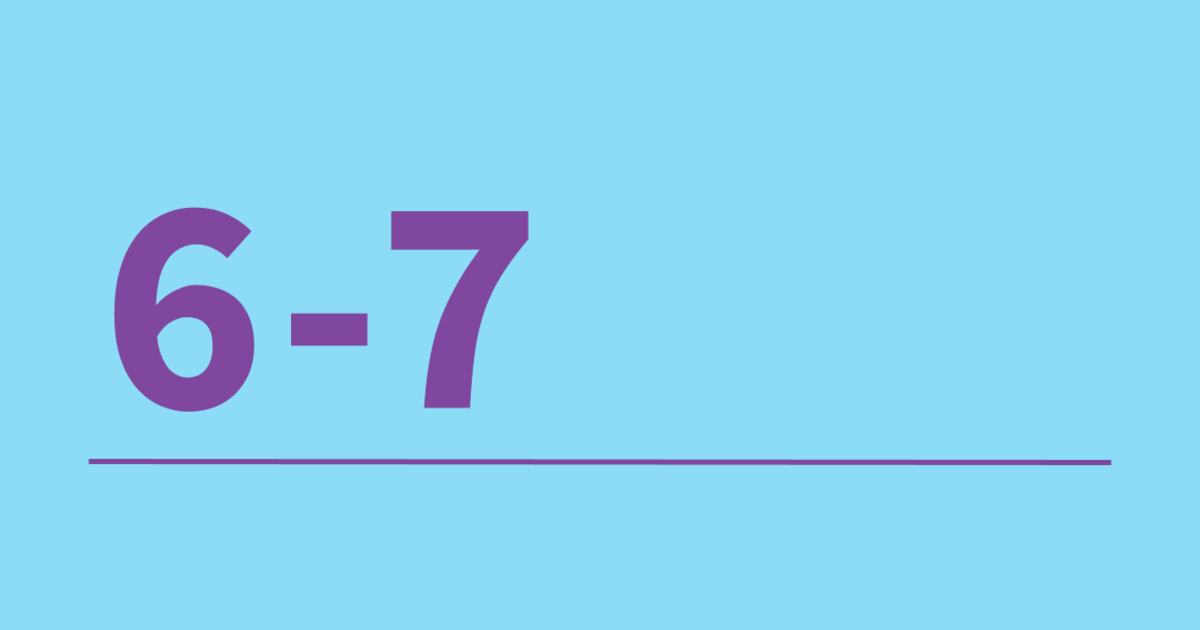Copyright news18

Canada’s tightening of international student rules has given a big blow, especially to Indian applicants, once the largest and most eager group seeking higher education in the North American nation. Canada lowered the number of international student permits it issues for the second year in a row in early 2025 as part of a broader effort to reduce the number of temporary migrants and address fraud related to student visas. About 74% of Indian applications for Canadian study permits were rejected in August 2025, more than double the 32% rejection rate a year earlier, according to government data as accessed by news agency Reuters. On the other hand, roughly 40% of all international student applications and 24% of those from China were turned down in the same period, the report added. The fall in approvals has also been accompanied by a steep decline in the number of Indians applying. From more than 20,900 applications in August 2023, the figure dropped to just 4,515 this August — a dramatic slide that signals how Canada’s once-golden reputation as a study destination is fading for many young Indians, the report said. India has been Canada’s top source of international students over the past decade. In August, it also had the highest study-permit refusal rate of any country with more than 1,000 approved applicants. Strained Ties A Reason? The tougher stance on would-be students comes as Canada and India seek to mend ties after more than a year of tension when former Prime Minister Justin Trudeau accused India of involvement in the killing of a Khalistani separatist, Hardeep Singh Nijjar — an allegation New Delhi has strongly denied. An Effort To Crack Down On Fraud Meanwhile, Canadian authorities have said that the immigration measures are part of an effort to crack down on fraud and limit temporary migration. In 2023, Canadian authorities uncovered nearly 1,550 study permit applications linked to fraudulent letters of acceptance, most of which originated from India, Canada’s immigration department told Reuters in an email. Last year, its beefed-up verification system detected more than 14,000 potentially fraudulent letters of acceptance from all applicants, it said. Since then, verification systems and financial scrutiny have been “enhanced” and that students are now required to provide more documentation to prove the legitimacy of their funding and admission offers, an immigration department spokesperson said, as quoted by the news agency. Indian Embassy’s Response Meanwhile, the Indian embassy in Ottawa said the rejection of study permit applications from students in India had come to its attention, but that the issuance of study permits is Canada’s prerogative. “However, we would like to emphasise that some of the best quality students available in the world are from India, and Canadian institutions have in the past greatly benefited from the talent and academic excellence of these students,” the embassy said in a statement. Canada’s Foreign Affairs Minister Anita Anand told Reuters during an October visit to India that Canada’s government is concerned about the integrity of its immigration system but wants to continue having Indian students in Canada. A Drop In Indian Enrollment People who work with would-be international students say they are seeing a higher level of applicant scrutiny. “It’s not enough just to say, ‘Here are some bank statements,’” Michael Pietrocarlo of Border Pass, a firm that assists with visa applications, told the news agency. “Students are now being asked to show exactly where their money came from and how they plan to sustain themselves,” he added. He said, for example, when students must demonstrate they have sufficient funds to support themselves, “it’s not enough just to say, ‘Here are some bank statements.’ They may have to go the extra mile and say, ‘Here’s where the money came from.'” At the university level, the effects are already visible. The University of Waterloo, home to Canada’s largest engineering school, reports a two-thirds decline in Indian enrolment over the past few years. “We pride ourselves on being an international university,” said Ian VanderBurgh, associate vice president of strategic enrolment management. “The cap on student visas has definitely changed the composition of our classrooms.” The University of Regina and the University of Saskatchewan have also reported a decline in the number of Indian students enrolled. When Jaspreet Singh, who founded the International Sikh Students Association, came to Canada from India in 2015 to study mechanical engineering, he remembered the government posters exhorting newcomers to “Study, work, stay” in the country. That attitude has soured, he said. Singh is not surprised at the higher rejection rate for Indian study permit applicants, saying he knows fraud is a concern. (With inputs from agencies)



